For many women, struggling to climax can feel frustrating, confusing, and even isolating — often leading to the question: “Why can’t I orgasm?”, “Is there something wrong with me?”
But here’s the truth: there’s nothing wrong with you. Our bodies are kind of programmed to want to orgasm. Your body was built for pleasure. You just need the right roadmap.
Let’s take the pressure off and talk about what actually helps. This simple guide will walk you through why orgasms can be tricky—and how to make them easier.
First, What Types of Orgasms Can Women Have?
You’ve probably heard of the clitoral orgasm, but that’s just one of many. Women can experience:
-
G‑spot orgasms
-
Blended (combo) orgasms
-
Cervical orgasms
Each orgasm is achieved by stimulating the appropriate body organ. Different spots, different sensations—and yes, you can enjoy more than one kind.
What Helps Women Orgasm?
For most women, pleasure doesn’t just happen out of nowhere. It builds through:
-
Relaxed and comfortable environment
-
Enough foreplay (like… way more than you think)
-
Focused stimulation (clit, G‑spot, etc.)
-
Emotional and physical safety

But, just as everyone has a different nature and experiences pleasure from different activities, the female orgasm is a natural and complex phenomenon that can be experienced differently by each woman, like sexual technique, position and so on.
Quick Orgasm Facts
-
How long does it last? About 13 to 51 seconds.
-
Can women ejaculate? Yep. Many do! Some release a milky or clear fluid during climax (sometimes called "squirting"). Some are very faint or even don't notice it at all. Totally normal either way.
So... Why Am I Not Having Orgasms?
Here are some common reasons—and what to try instead.
1. They Care Too Much
Sometimes, having a partner who really cares about your orgasm—while well-intentioned—can actually make things harder.
Feeling any amount of pressure, even the good kind, can be like orgasm kryptonite. You might start thinking, “They’re waiting for me to finish” or “I don’t want to disappoint them”—and suddenly your body just shuts down.
But here’s the thing: that doesn’t mean anything is wrong with you—or with your partner. Everyone’s body responds differently, and that’s perfectly normal.
The best remedy? Time, trust, and getting mentally comfortable with your partner. As emotional safety deepens, so does your ability to relax, tune into your body, and let pleasure flow naturally.

2. You Don’t Know What You Like Yet
If you grew up in a sex-negative environment or just never explored your body much, it’s completely okay that orgasms feel mysterious. Your first step? Get curious. Touch yourself without expectations. Notice what feels warm, buzzy, tingly, or exciting.
3. You’re Skipping Foreplay (Or Rushing It)
Most women need more than a few minutes of foreplay. Get your brain involved, too. Flirty sexting during your lunch break to a massage with sensual oils after dinner. It can start hours before the bedroom. The more aroused you are, the more sensitive your body will become and the greater the chances of experiencing pleasure.
Try touching areas like your inner thighs, nipples, neck, stomach, and of course—your clit and G‑spot. Use your fingers, a toy, your partner's mouth… whatever feels good. Mix it up.
Want to go deeper? Explore:
-
Sexting and dirty talk
-
Kissing, touching, gentle caressing
-
Oral sex
-
Massage
-
Showering or bathing together
-
Cuddling
-
Mutual masturbation
-
Sharing fantasies
-
Roleplay and cosplay
And research shows that orgasms from clitoral stimulation with penetration may provide more satisfying orgasms for many women.

4. You’re Not Talking About It
If you're playing solo, try some simple techniques—like rubbing, come-hither motions, squeezing, up-and-down strokes, or slow circles. You can also add a sex toy to take the pressure off your hands and help you orgasm faster and more easily. Or let your partner use it on you to spice up the usual routine.
Try switching up positions too. Woman-on-top or missionary can give you more control and direct pressure where you need it.
If you're with a partner, speak up. If something doesn’t feel great—say so. If something really works—say that too.
Explore and have fun simply feeling good and enjoying getting worked up, to the point of exhaustion, or until the hour is up.

5. You’ve Become Numb
Re-sensitizing yourself. If you also find it difficult to cum from even self-stimulation without focusing hard on fantasies, then start by avoiding masturbation, porn, or said fantasies altogether. Instead, make time every day to just lay in bed and think about actual past sexy times with your partner, without any self-stimulation whatsoever, no touching, just imagination, for ten whole minutes. This helps re-sensitize your body.
(To be clear, though, this is NOT any sort of moral judgement regarding said fantasies).
6. Your Feet Are Cold 😅
Surprisingly, warm feet = better blood flow = easier orgasms. For some women if you can keep your feet warm and happy, the blood circulation all over just works more fluidly which makes everything faster/more efficient. Especially in the winter, try keeping your feet warm (fuzzy just helps on a sensory level).
7. Let Yourself Moan—Seriously
Sound is part of pleasure. Don’t hold back. Moaning, breathing deeply, or letting out any noise that feels natural helps release tension and turns your brain off—exactly what your body needs to reach orgasm.
8. Toys Are Your Allies, Not Competition
Sex toys don’t replace your partner—they enhance your pleasure. Think of them as tools, not threats.
For many women, it’s not about needing more, it’s about finding the right kind of stimulation. That’s where sex toys come in. Vibrators, suction toys, or grinding pads can deliver consistent pressure and rhythm that’s hard to match manually or through penetration alone.
If you're new to adult toys, start with beginner-friendly ones like Cuddly Bird—a gentle but powerful clitoral suction vibrator—or explore couple-friendly options like Puzzle, which is designed for external grinding, humping, or even wrapping around your partner for playful, intimate stimulation.
Toys also take the pressure off both of you. You don’t have to rely on guesswork or stamina—let the toy help you both focus on connection, curiosity, and pleasure.

9. Use Lube—Always
Dryness can kill the mood and cause discomfort. Lube makes everything smoother, deeper, and more enjoyable. A good water-based or hybrid formula can transform your experience.
10. STOPPING focusing on orgasms as the end goal of sex!
Sometimes the biggest block to climax is overthinking it: “Why can’t I orgasm?” becomes the very thing holding you back.
Myth: “If I Can’t Orgasm, Something’s Wrong With Me”
Truth: Orgasm is complex. Mental health, meds, hormones, your relationship, stress levels—so many things can affect it. You're not broken. You're just figuring it out.
Can We Have Multiple Orgasms?
Yes, absolutely! With the right kind of stimulation and enough recovery time, many women can orgasm more than once during a single session. And some say their second or third orgasm is even more intense.
A great way to train for it? Try edging toys that help you build up to climax, pause, then restart—so when it happens, it’s deeper and longer-lasting.
How Will I Know If I’m Close?
You’ll feel it—your heartbeat quickens, your breath speeds up, your muscles tense, and the pleasure builds until it finally crests. For many, the “point of no return” is a pulsing, all-consuming wave—sometimes subtle, sometimes explosive.
It’s All About You
Every woman’s orgasm is different—and that’s the beauty of it. Some need more time, more stimulation, or a specific kind of touch. Some don’t climax every time, and that’s okay too. Reaching orgasm isn’t a race, and it doesn’t define your worth or desirability.
What matters is that you enjoy the process, explore without pressure, and give yourself permission to feel good. The more you tune into your own needs, the more empowered and connected you’ll feel—both with yourself and any partner you choose.
You’ve got this. 💕

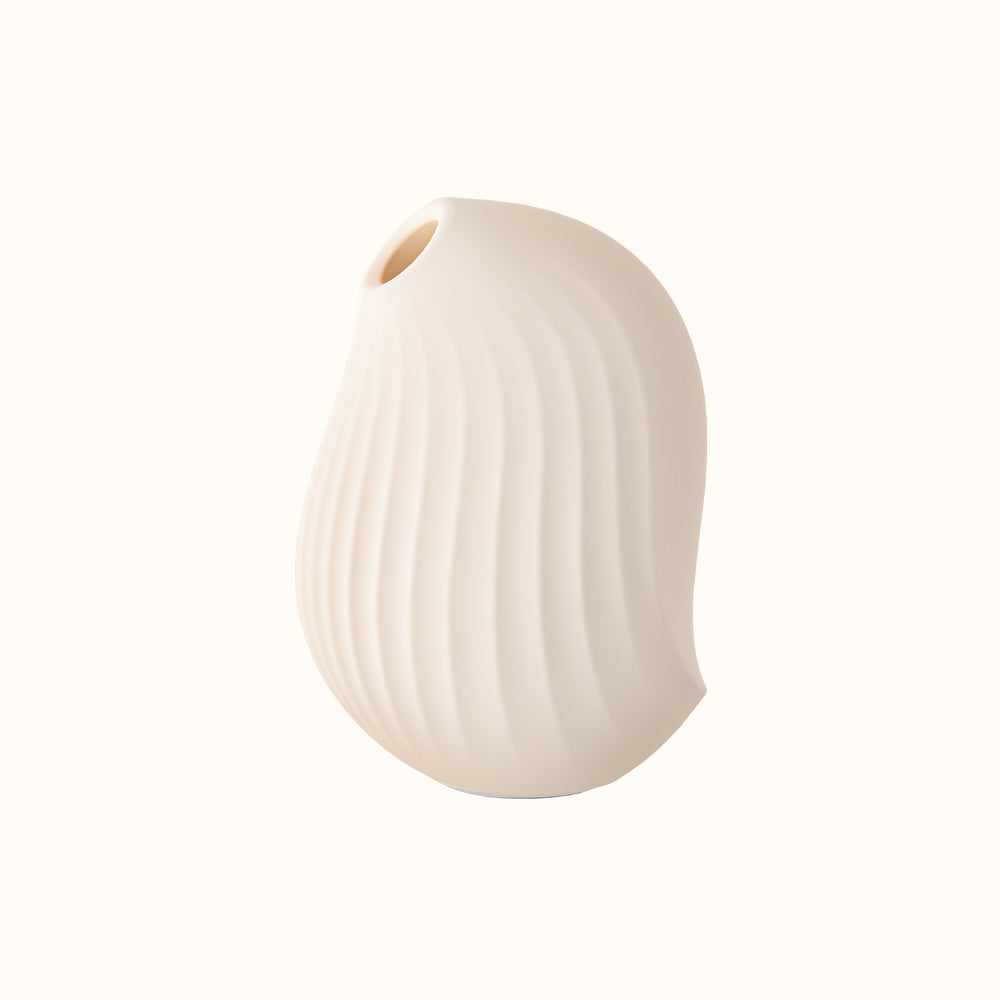
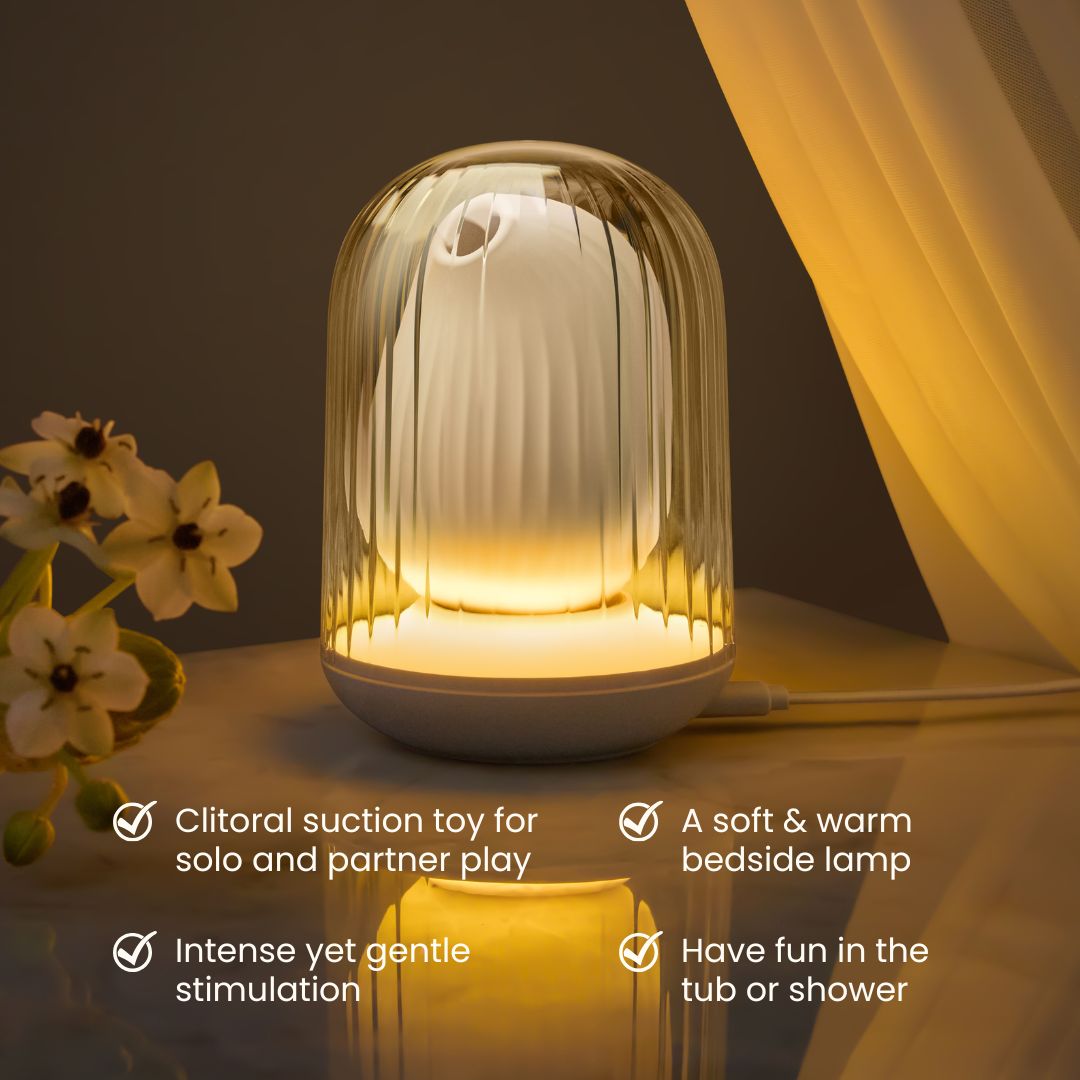






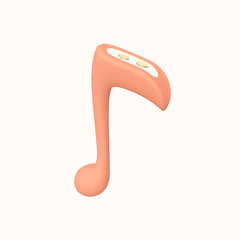

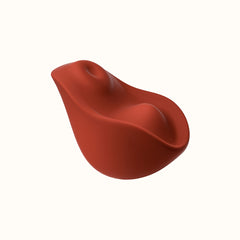








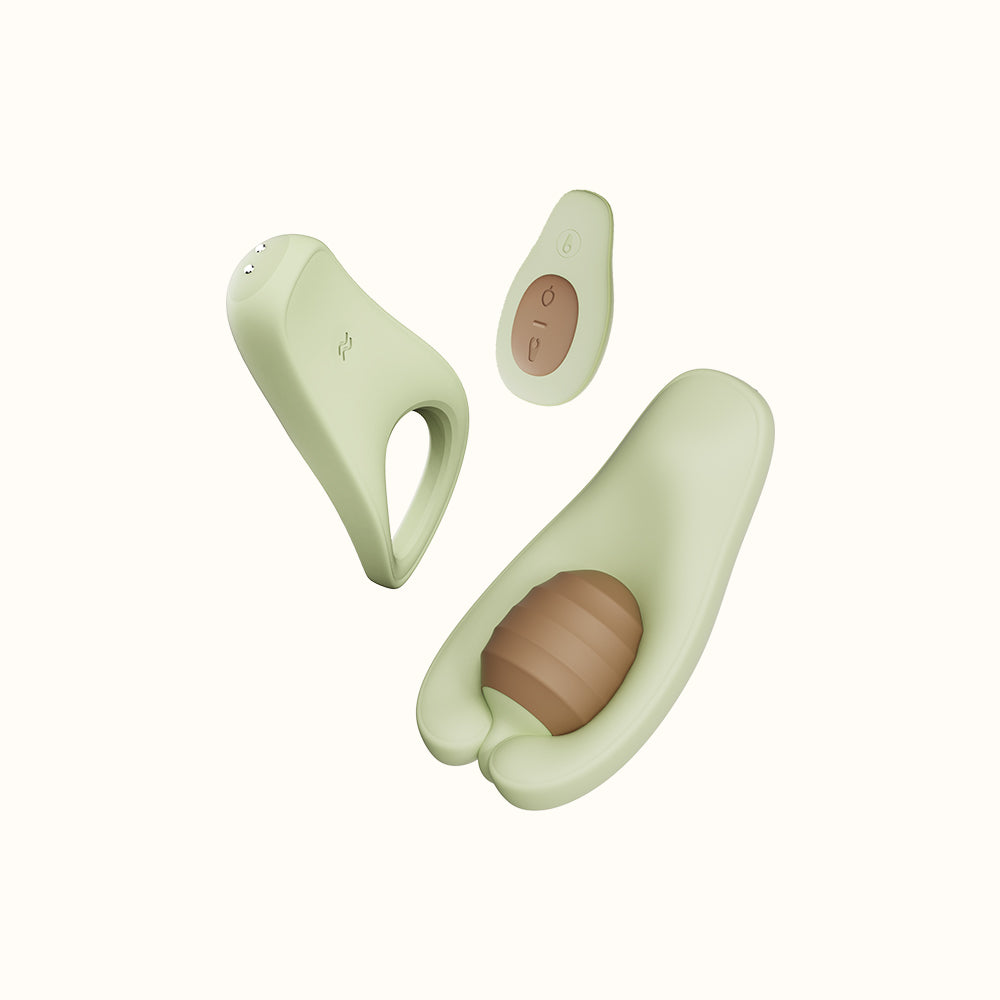
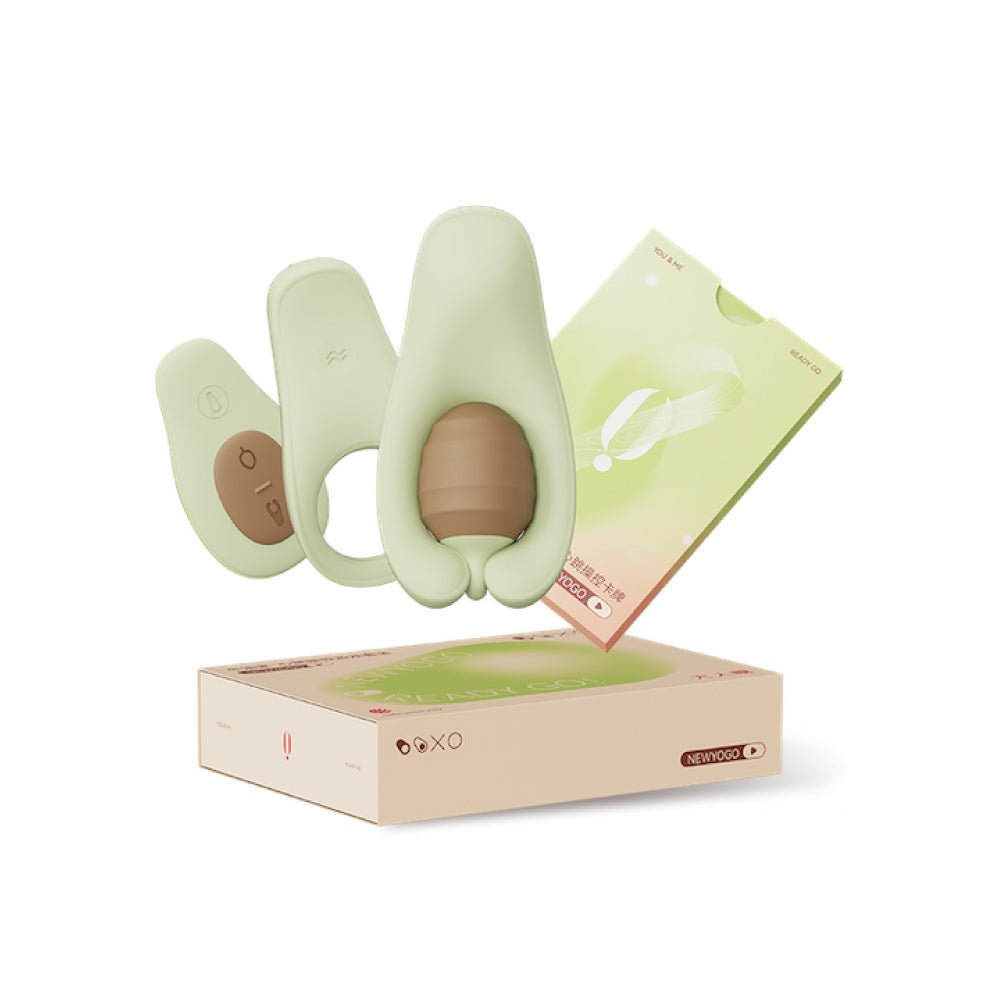
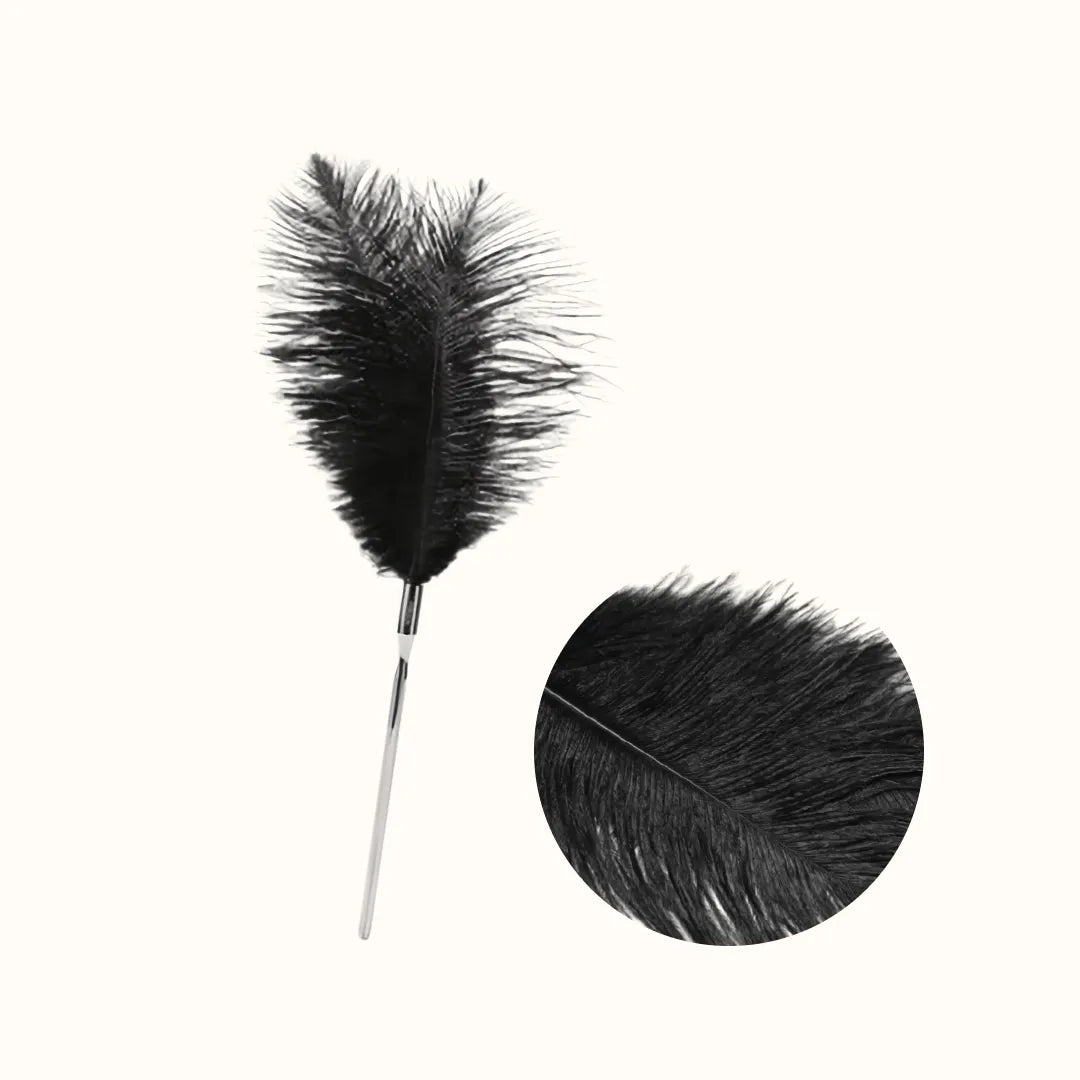


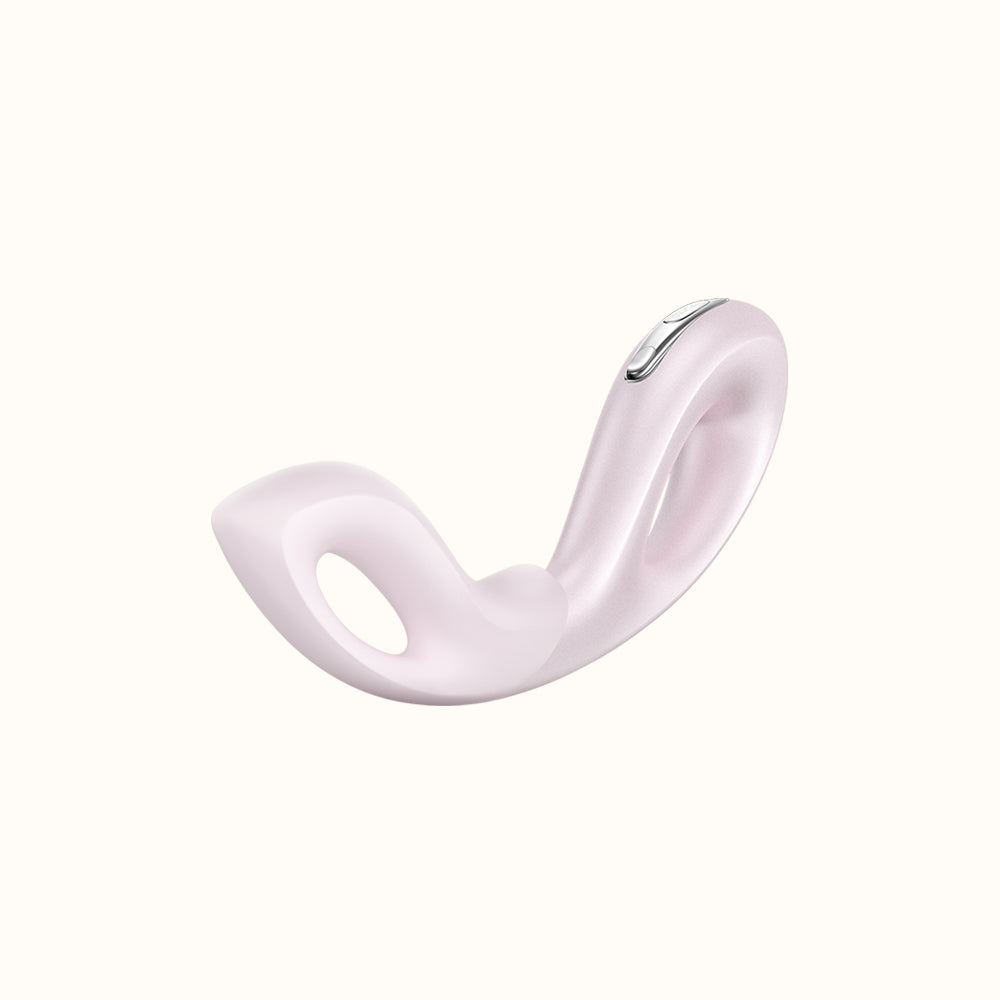
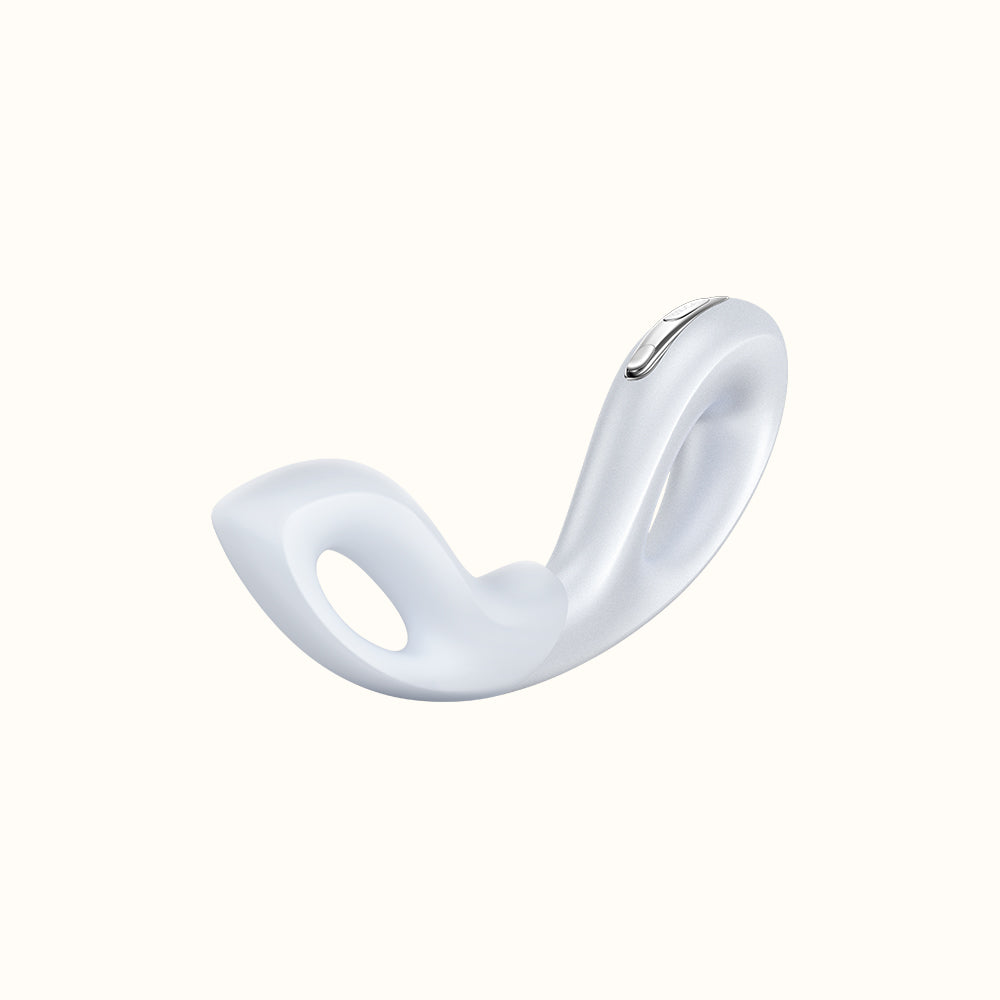


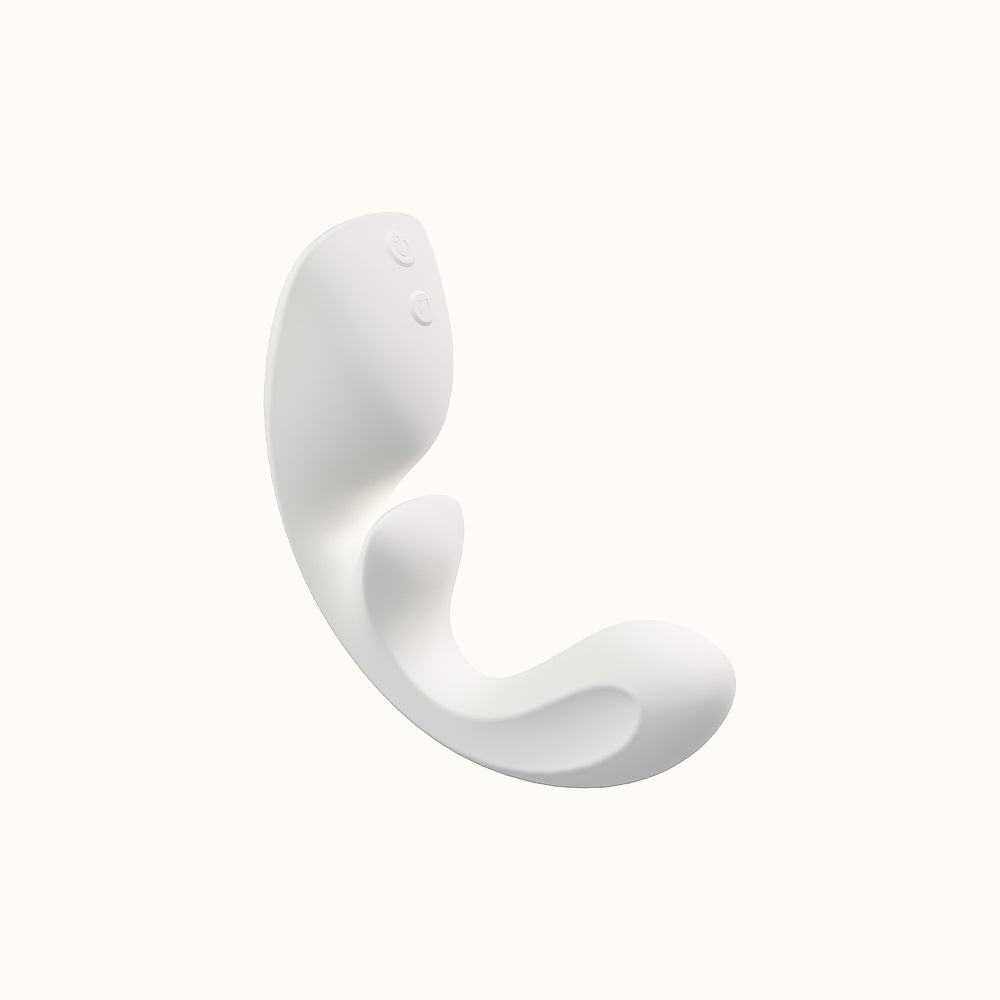
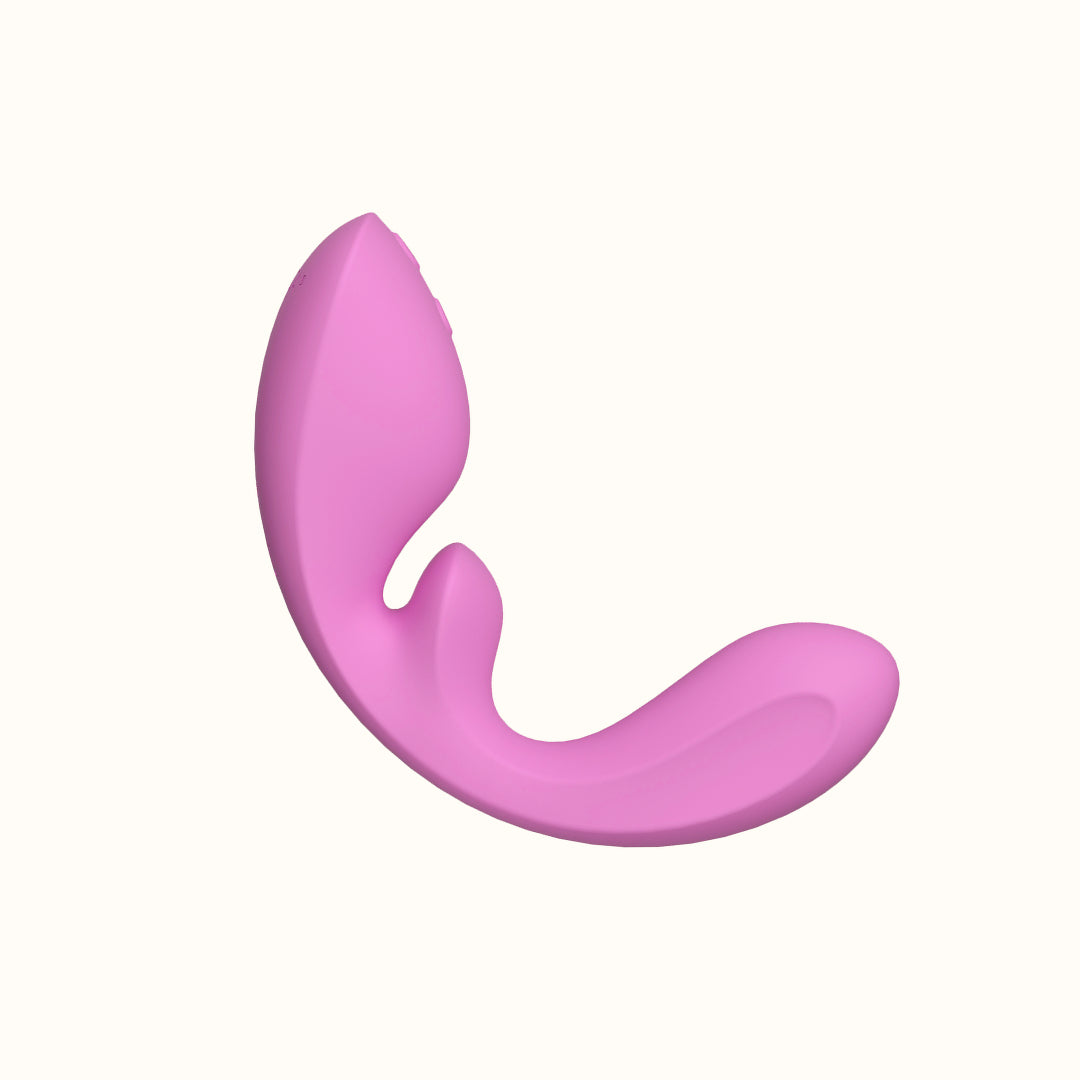
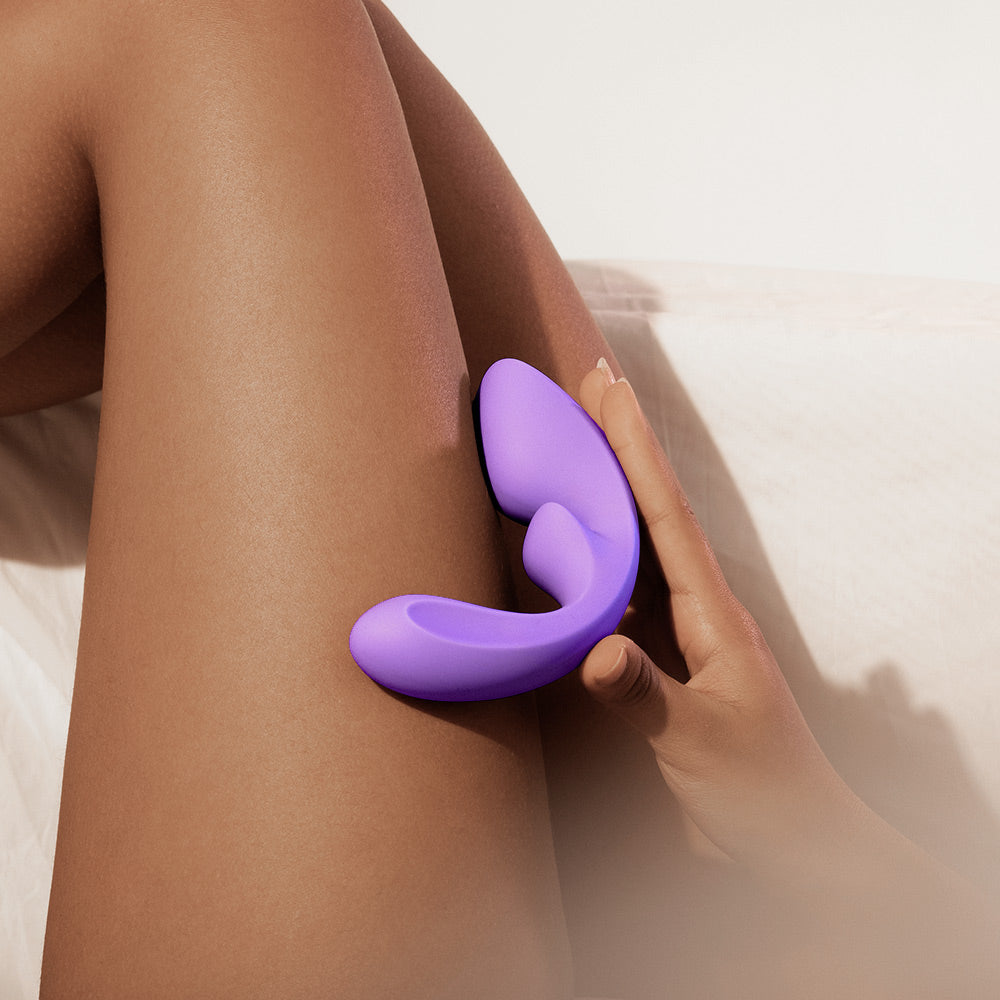
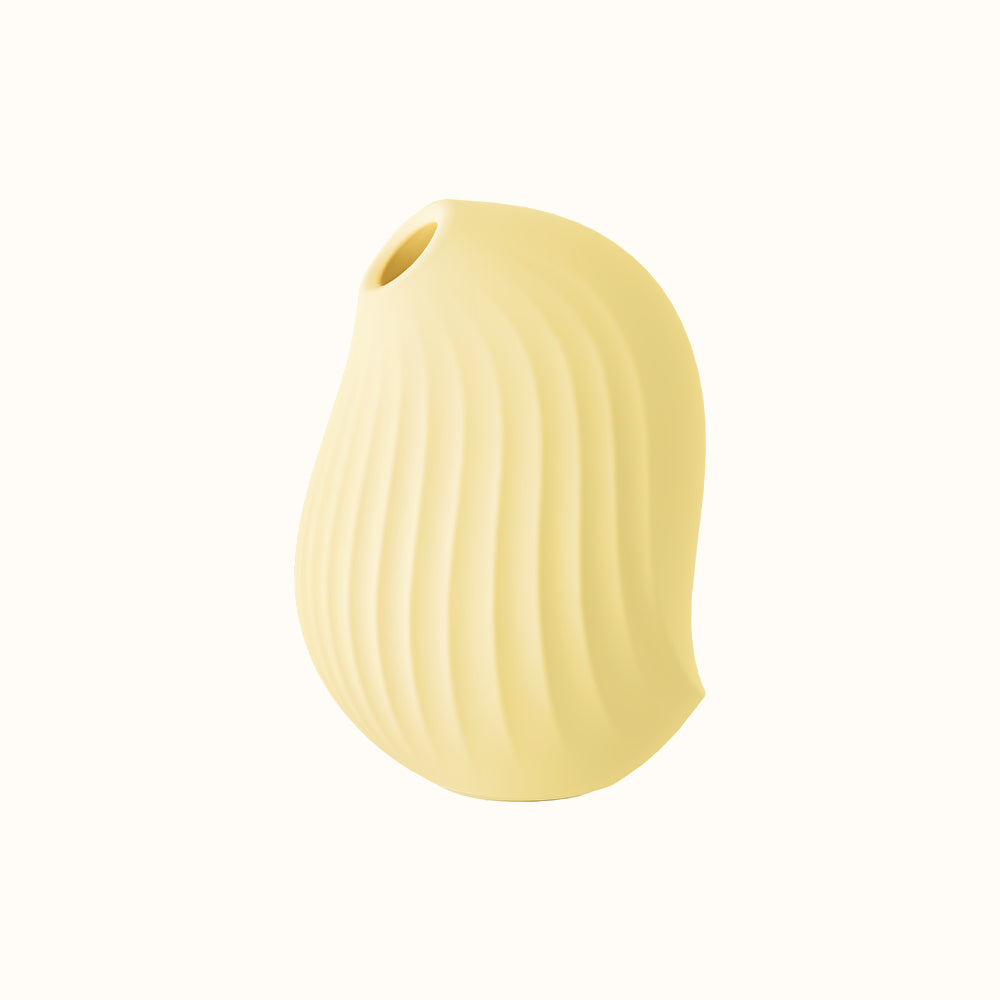
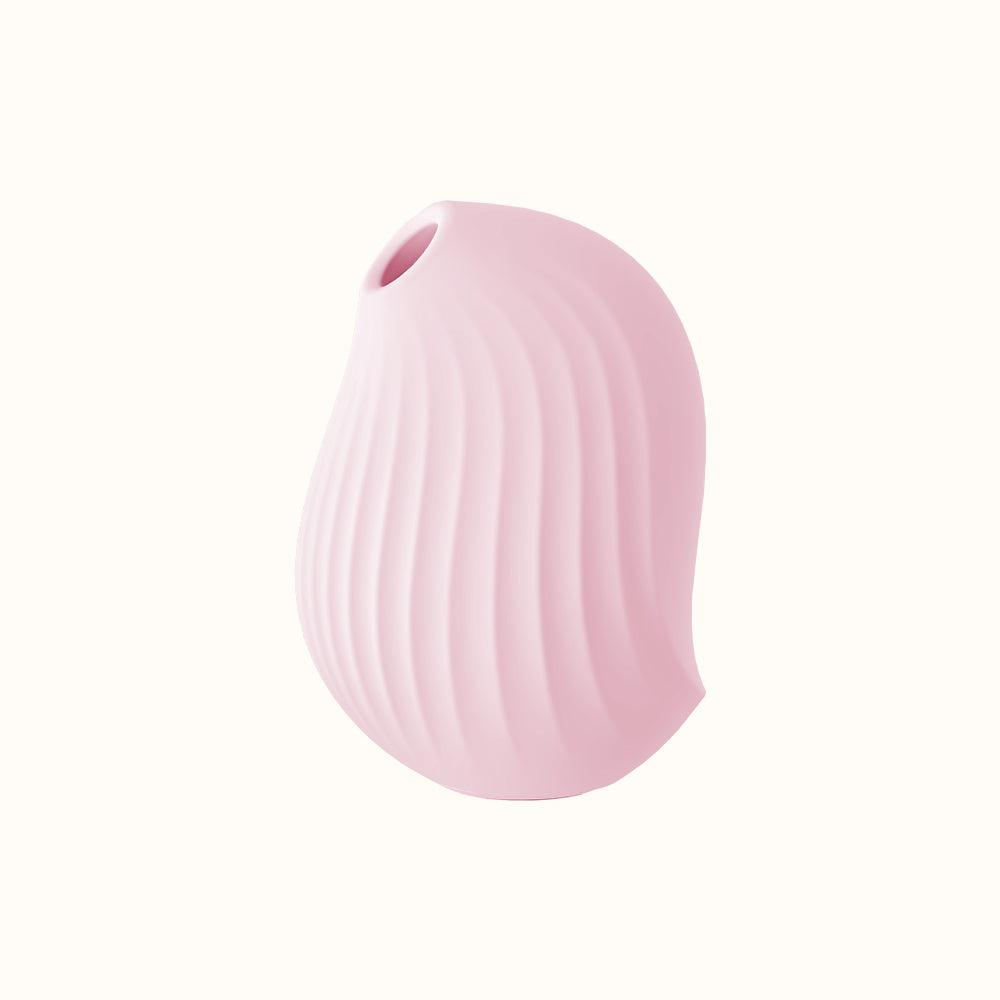
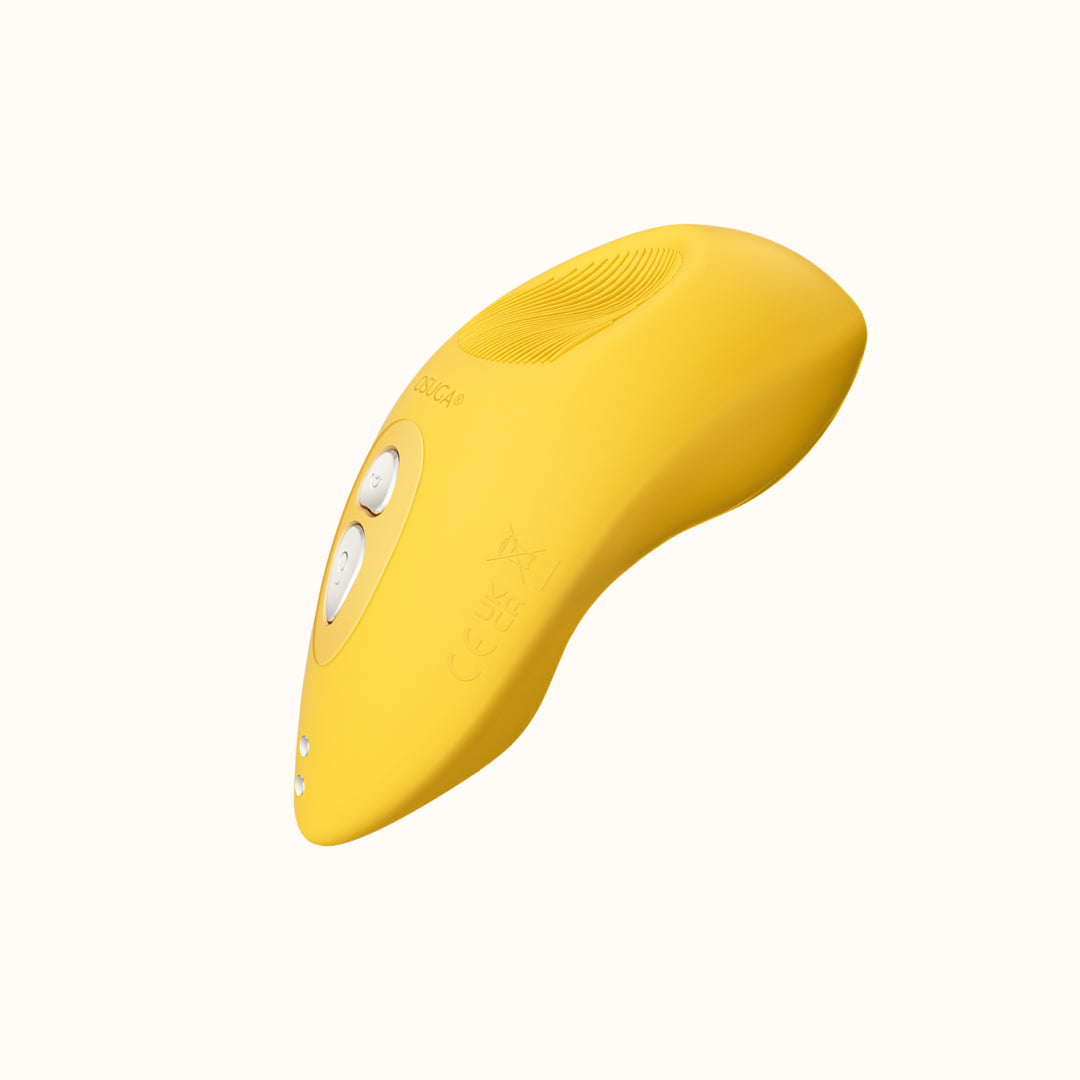
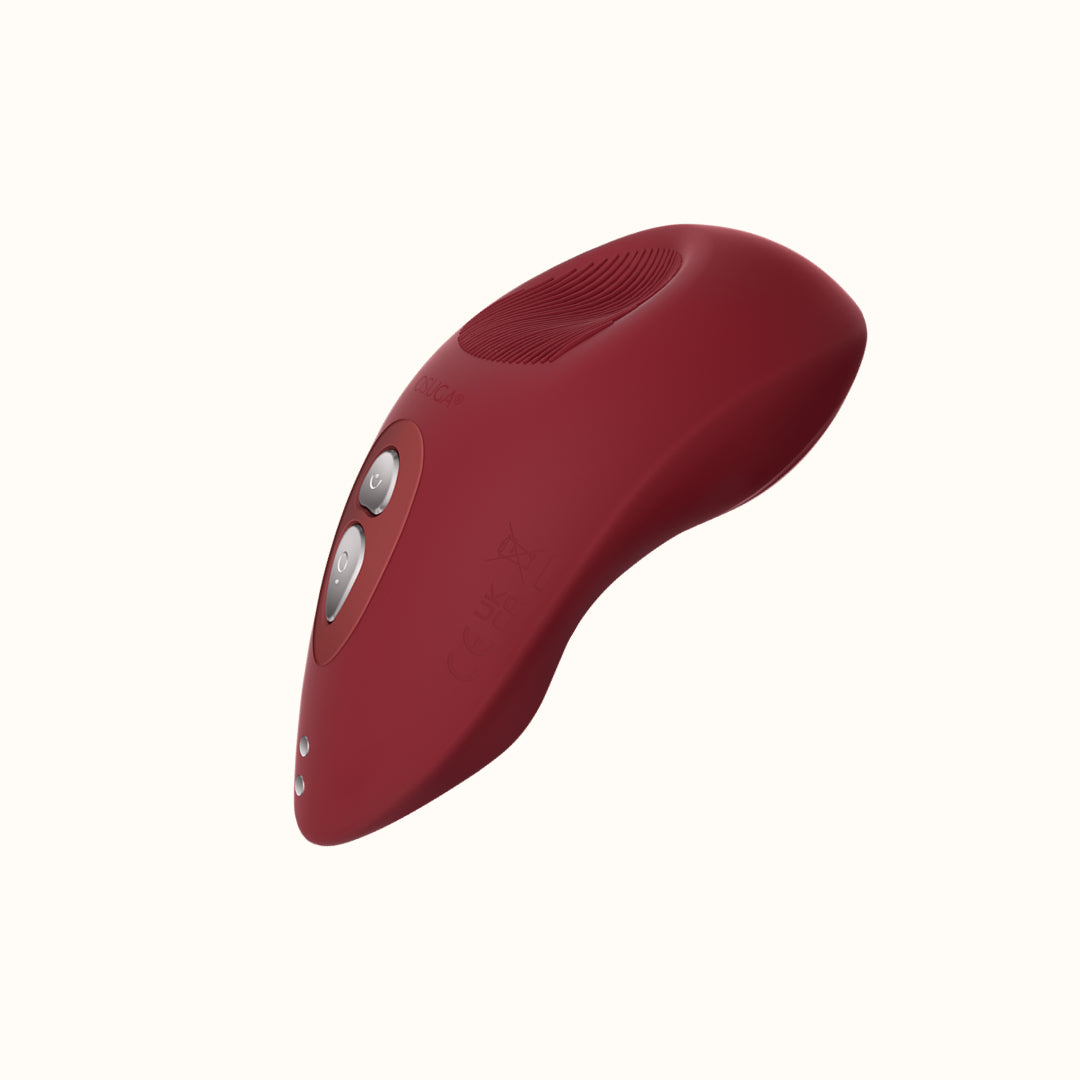
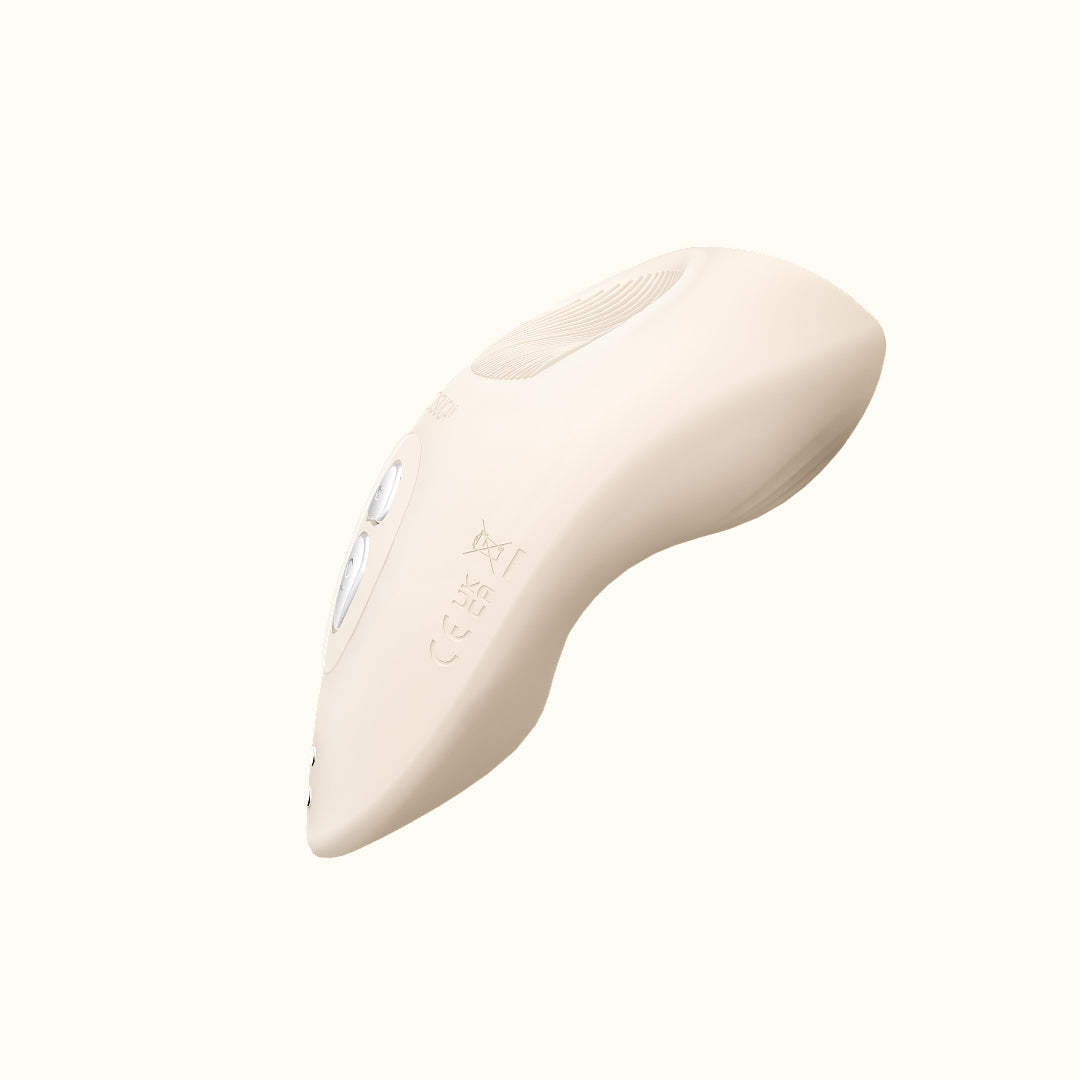



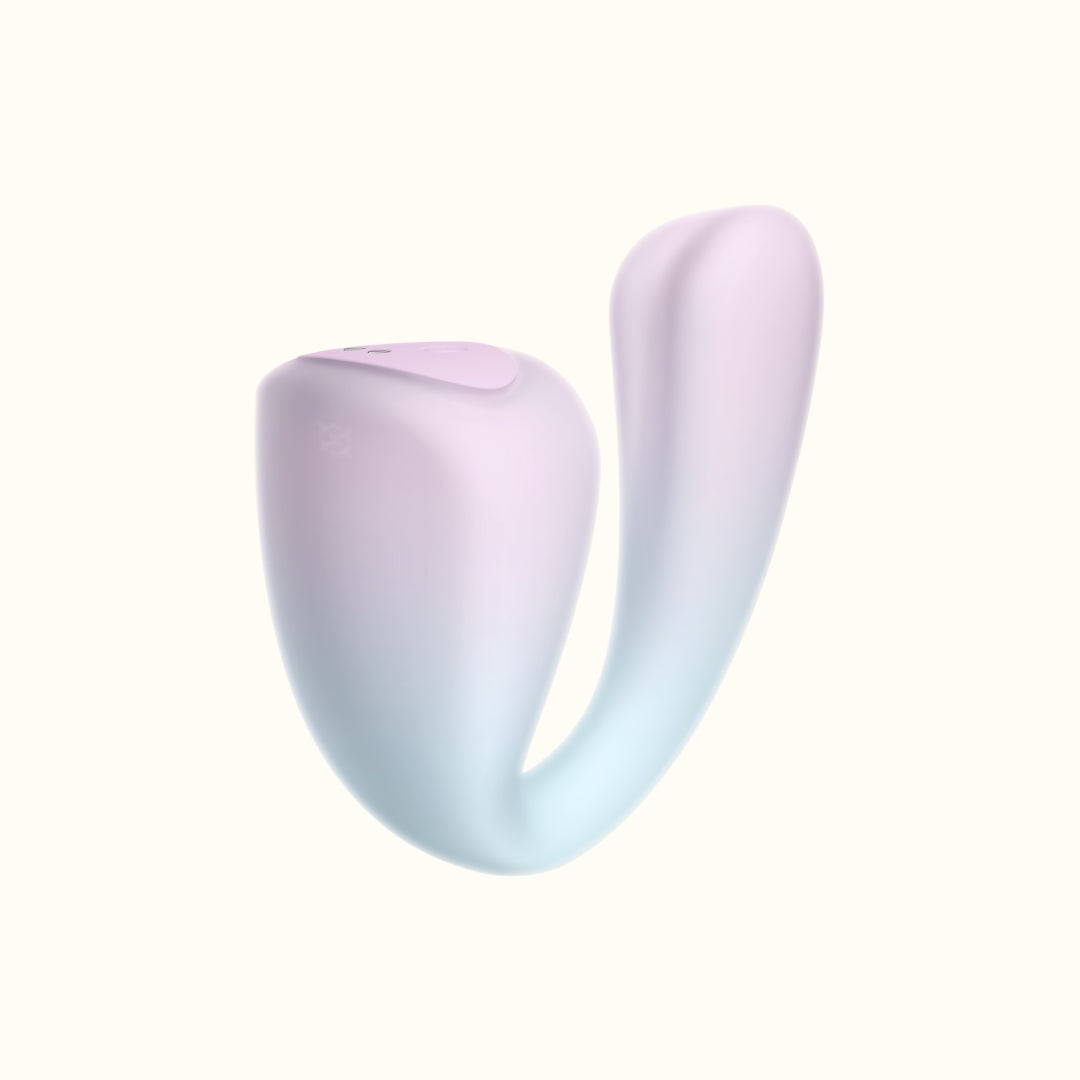
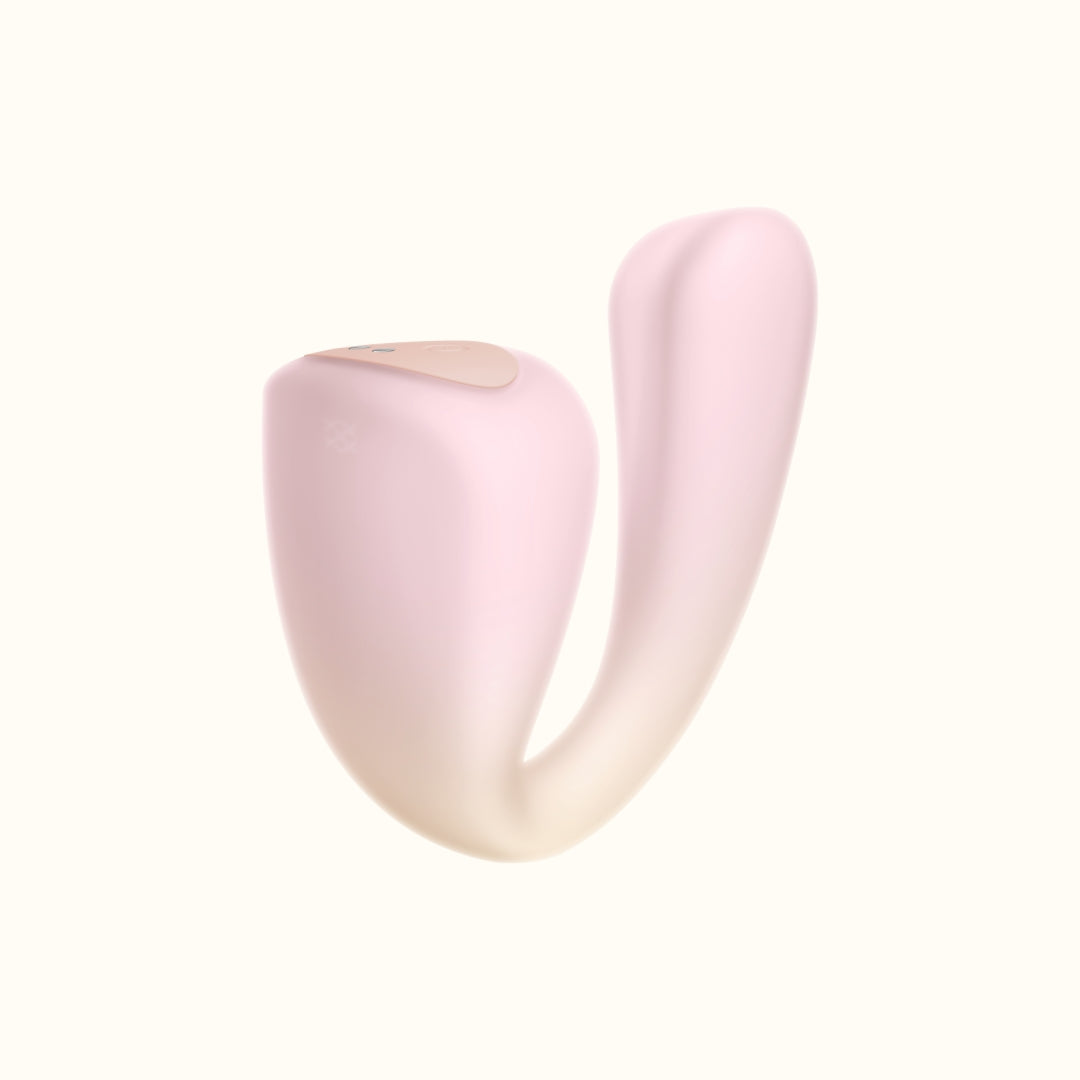






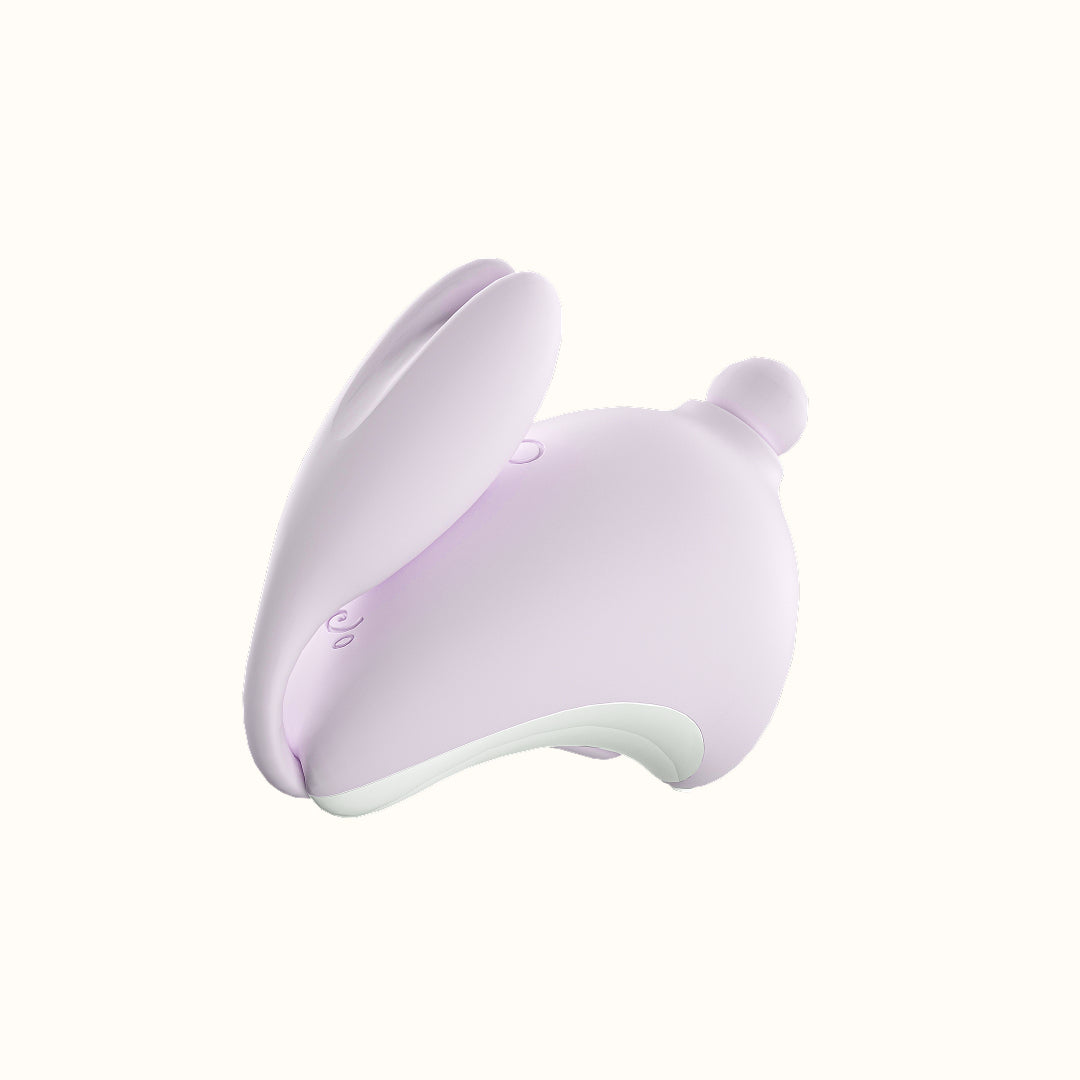
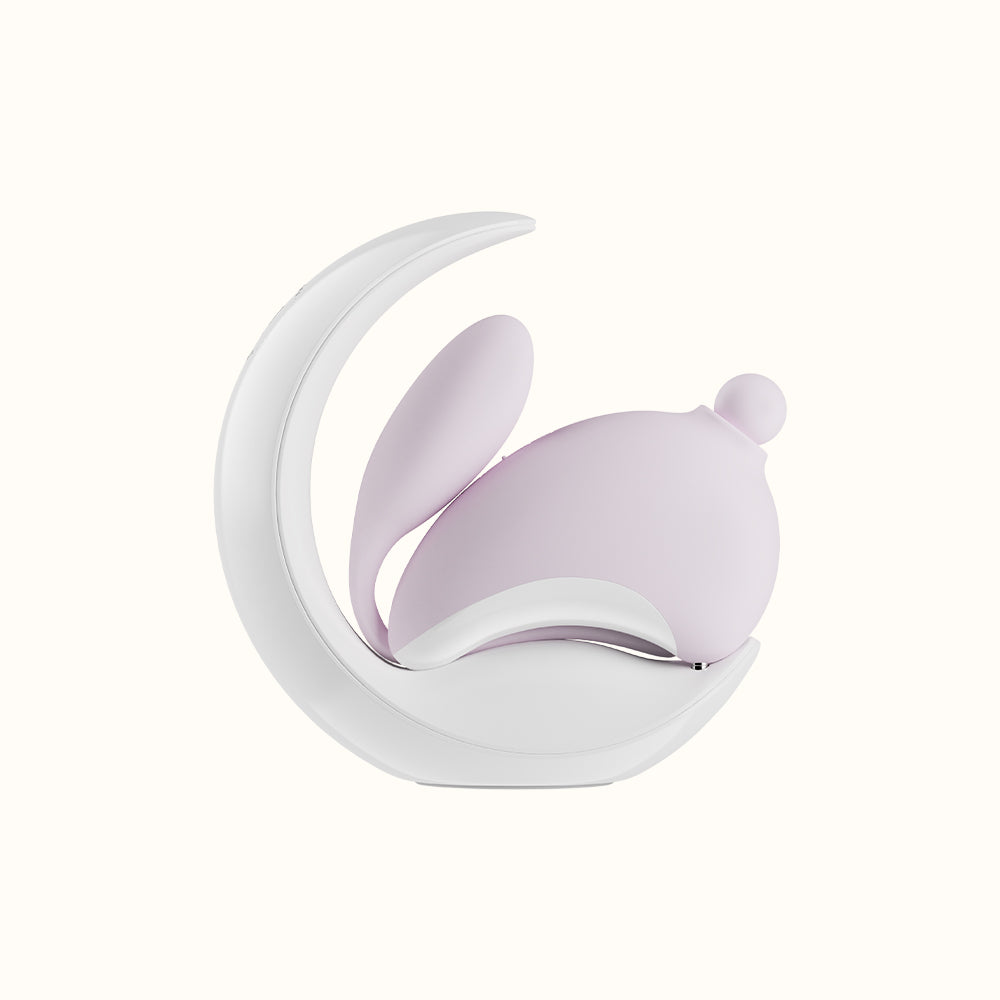
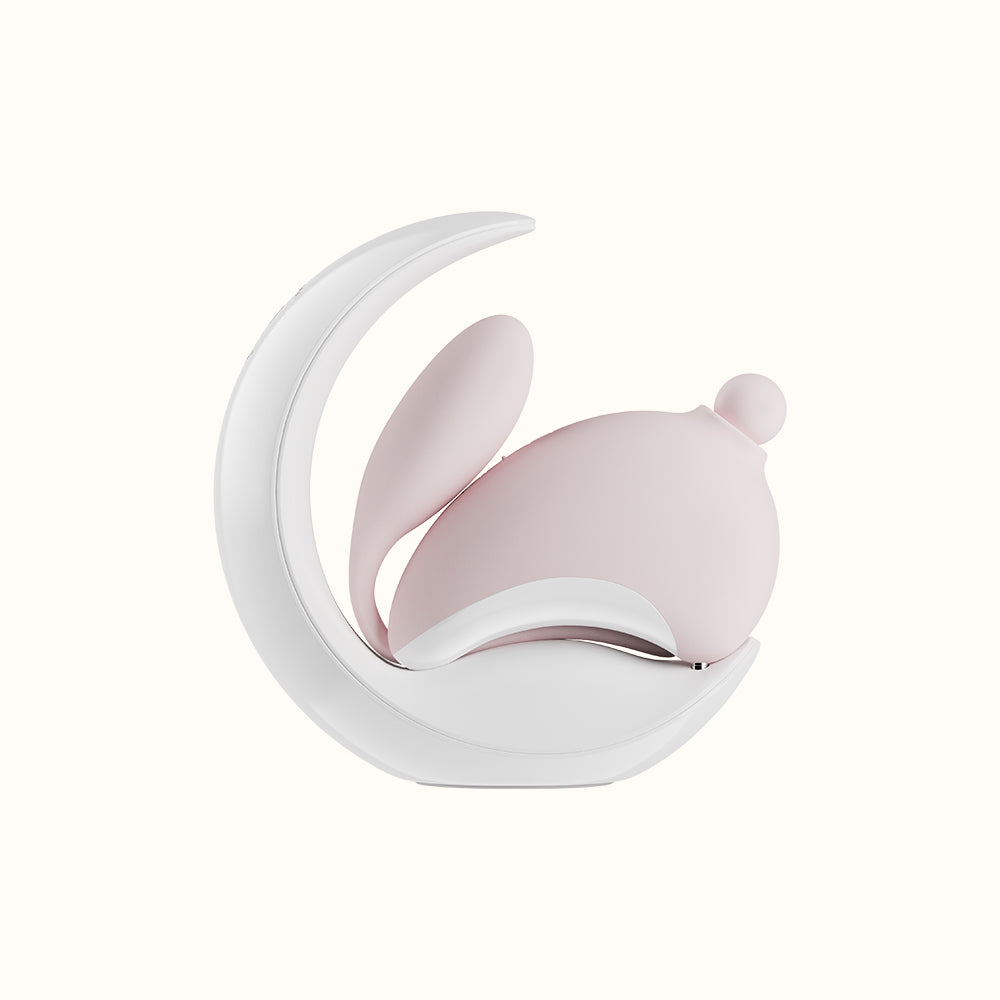
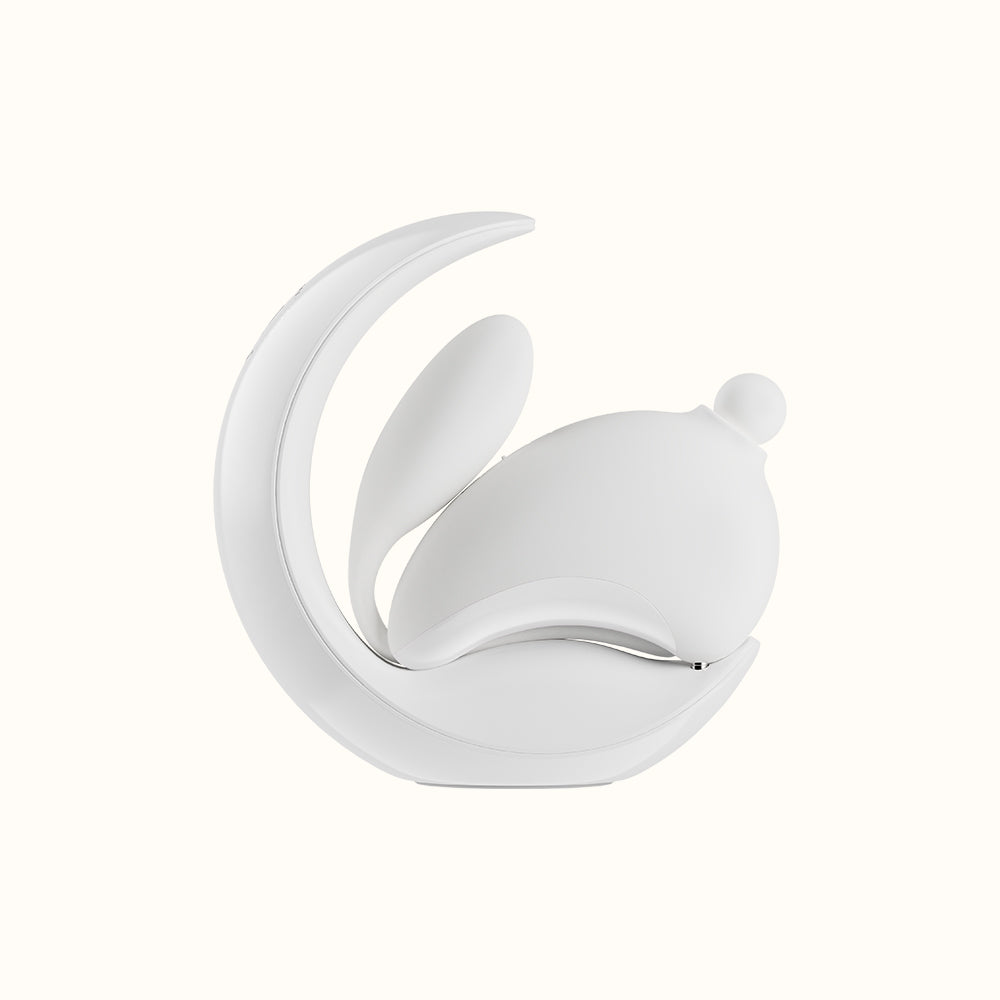








Leave a comment